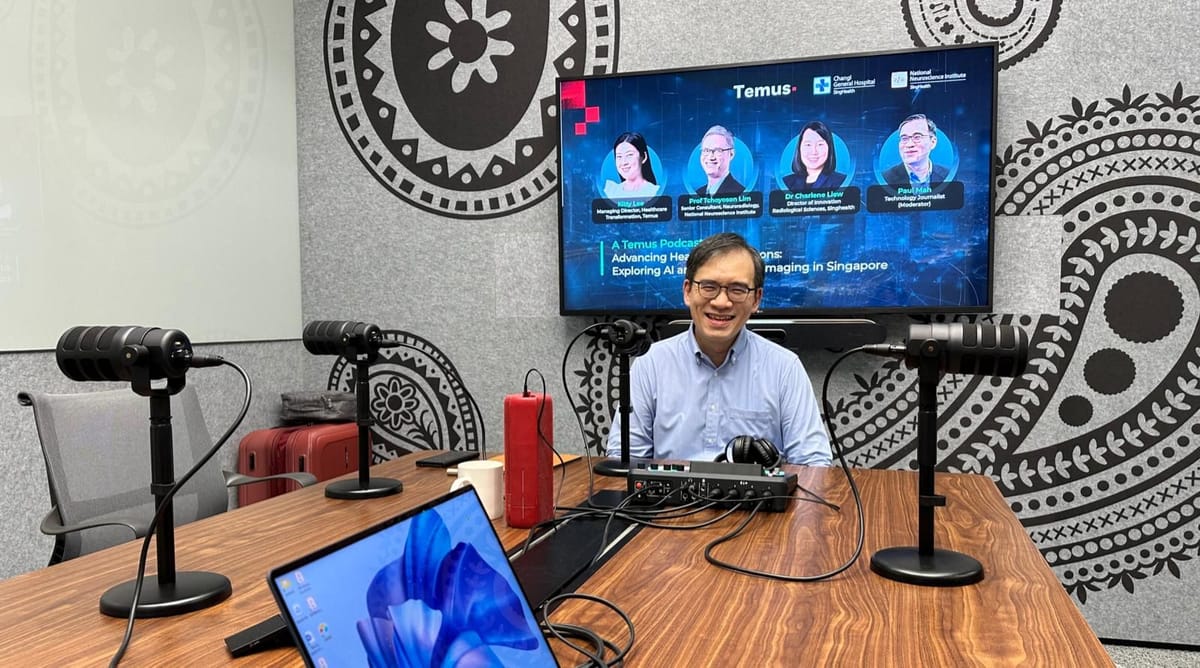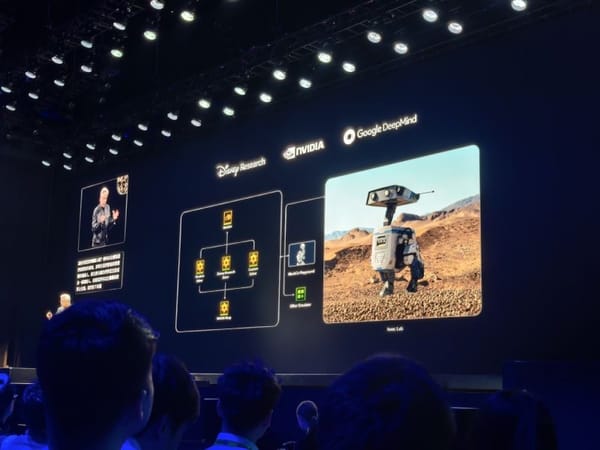Strategies for a great discussion
What makes for a great discussion? Here are the strategies I use.

Ever sat through a panel and found yourself bored out of your wits? What makes for a great discussion?
- Podcasts.
- Live panels.
- Fireside chats.
- Private roundtables.
We've probably heard dozens or even hundreds of them by now. The exceptional, the mundane, and the ones where you just have to step out midway.
Things that go wrong
For years, I've tried to list out some best practices. Unfortunately, it doesn't quite work that way.
Circumstances never fail to arise that render a static list of tips meaningless. Such as:
- Speakers who are only interested in self-promotion.
- Panellists who are too busy to meet or talk.
- Participants who just aren't coherent.
- They put 7 panellists on stage*.
*Happened to me.
Instead, here are some overarching strategies I adopt when I lead discussions.
- Tap into passions
Unless you are ChatGPT in human form, everyone is passionate about something. These are the areas they are exceptional in, their eyes light up, and where they become animated.
The trick is to find them. This could happen through a sync-up call, a quick chat on the sidelines, or even during the discussion itself.
- Overprepare
While I mostly focus on technology-centric topics that I am already familiar with, one can never be too prepared. This means a deep understanding of what's being discussed and familiarity with the terminologies used.
This leaves you with the capacity to make important decisions: Such as whether to extend the time, how to gently cut someone off, or when to crack a joke to lighten the mood.
And yes, do prepare more than enough questions.
- Adapt and react
Finally, don't just go down the list of questions and move from one speaker to the next robotically.
- Probe deeper.
- Chime in with anecdotes.
- Put nervous speakers at ease.
- Summarise to spur further comments.
And yes, adapt and react as necessary. I've skipped prepared questions, allocated more time to Q&A, or even switched tracks to pursue areas that speakers are passionate about.
What are some memorable discussions that you've been to? Good and bad examples are welcomed!




